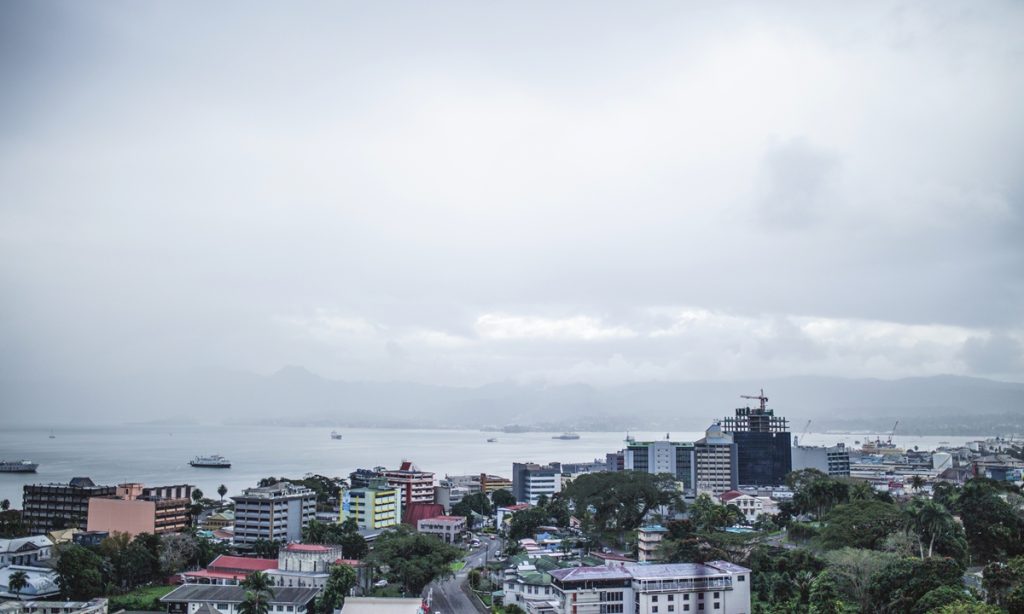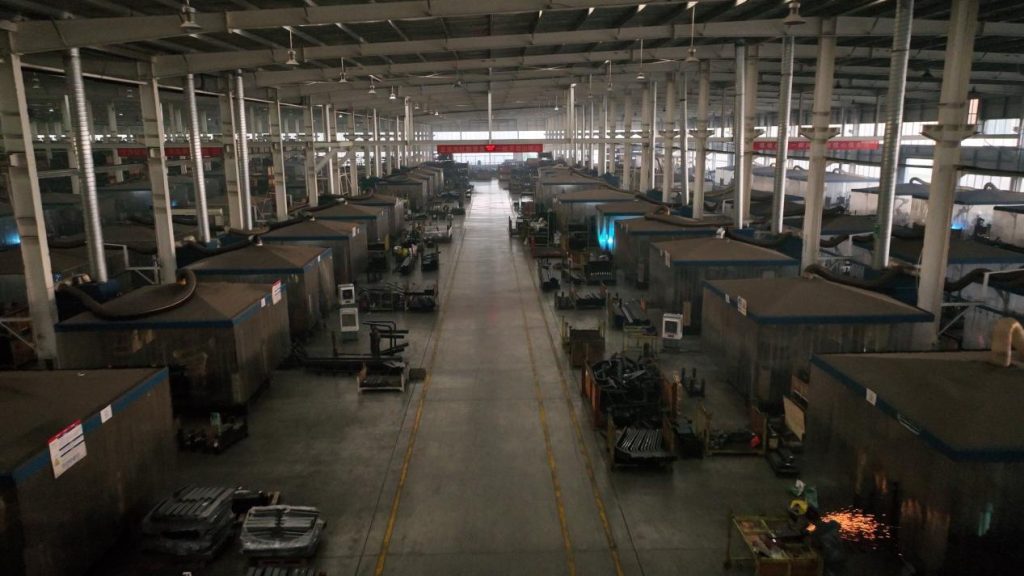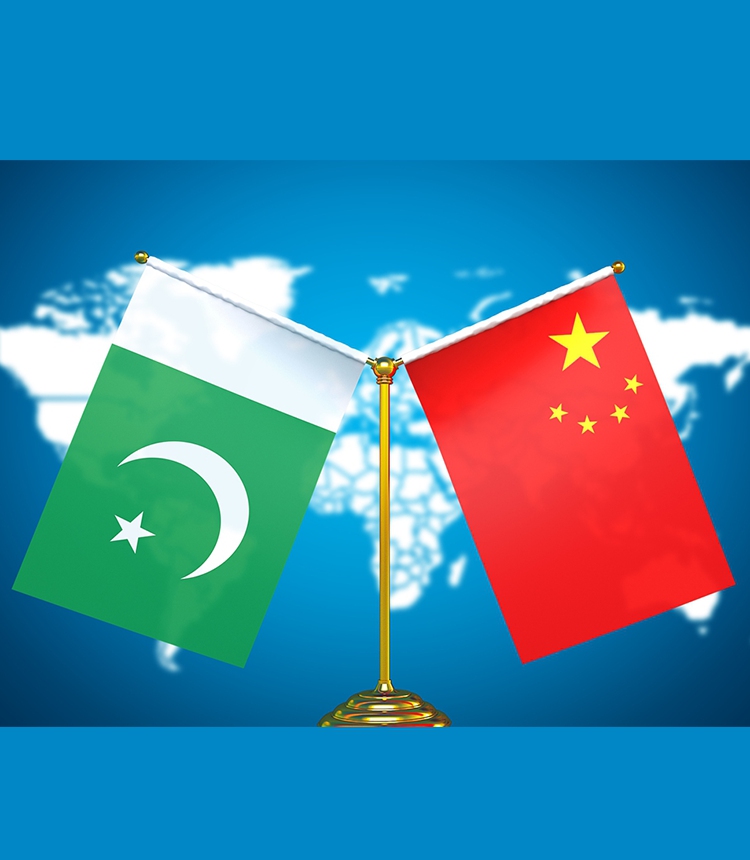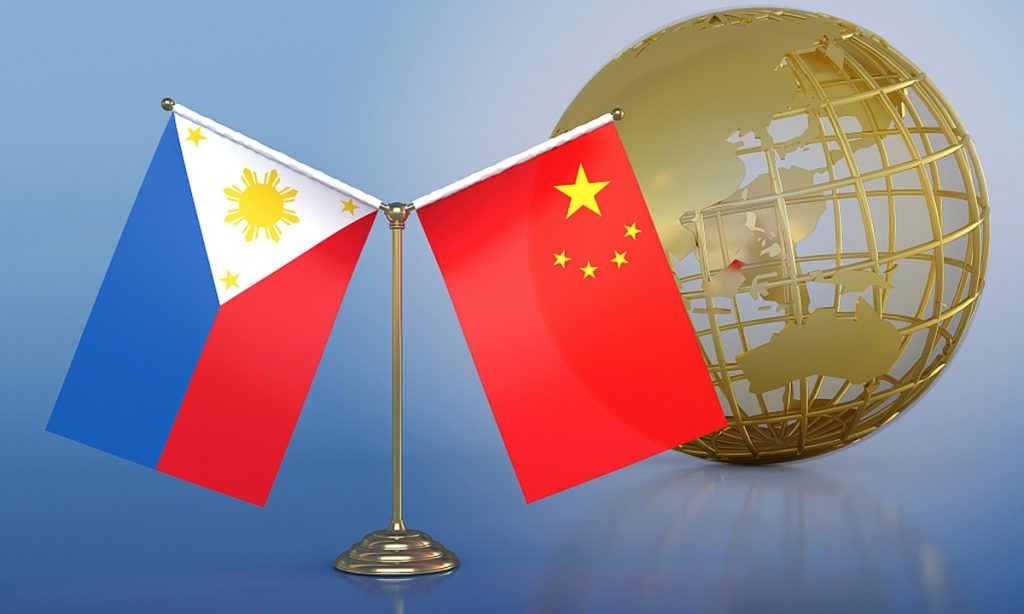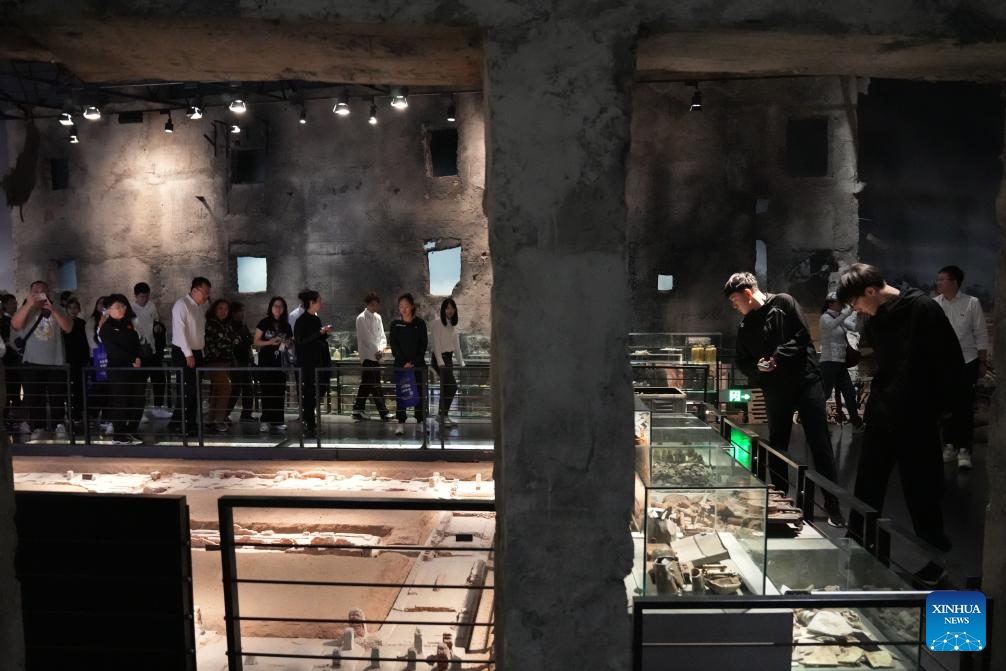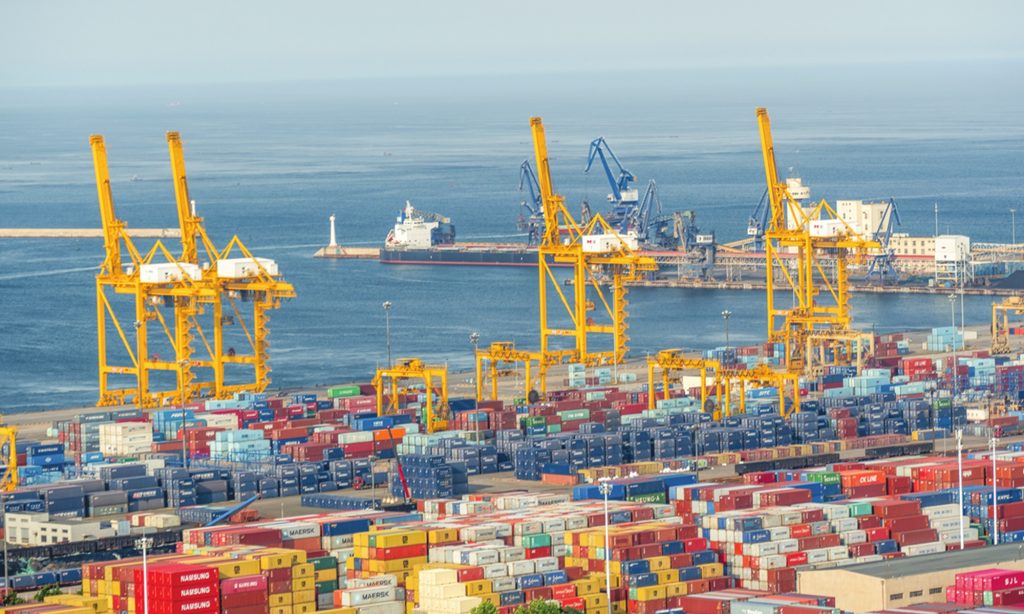A diary documenting how an NPC deputy from Xinjiang acts as bridge between the people and the government
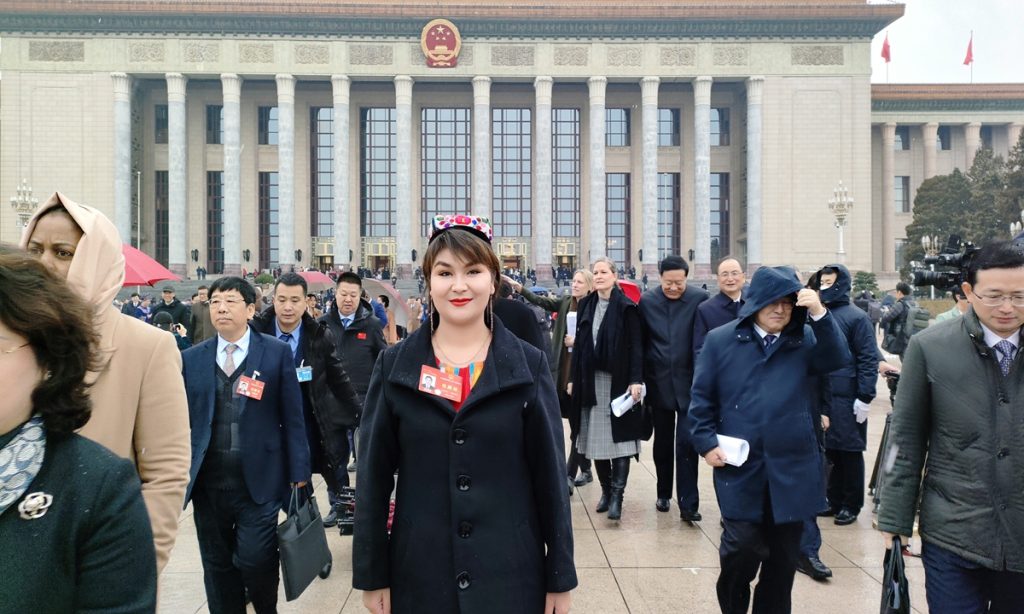
Editor's Note:
China's widely watched annual "two sessions" kicked off on Monday this year. The "two sessions" refers to the annual sessions of National People's Congress (NPC) and the National Committee of the Chinese People's Political Consultative Conference (CPPCC), which are known as the country's top legislature and national political advisory body respectively.
The two sessions is a grand occasion that gathers ideas and wisdom of people of all walks of life across the country. It is an important opportunity for the world to better understand China's whole-process people's democracy, in which the people engage in democratic elections, consultations, decision-making, management, and oversight according to the law. Such democracy is not only shown in the votes taking place at the Great Hall of the People in Beijing, but also embodied in a motion submitted by a NPC deputy coming from a remote area, or a consultative meeting held among some residents living in a city suburb. It can be felt in many details of Chinese people's daily lives.
During this year's two sessions, the Global Times is launching a series of stories to illustrate the whole-process people's democracy from some of such details. The third story is about the work diary of an NPC deputy from Northwest China's Xinjiang Uygur Autonomous Region. By following in her footsteps, we see how an NPC deputy truly brings the most grounded, warm, and vivid voices from the grassroots to the two sessions.
Over 60 years ago, Rukeyamu Maitisaidi's great-grandfather rode a donkey, wishing to see Beijing. Now, Rukeyamu takes a flight from her hometown to Beijing, serving as a deputy to the 14th NPC at the two sessions.
Departing from Yutian county in the Hotan prefecture of Northwest China's Xinjiang Uygur Autonomous Region, it takes less than a day to reach Beijing nowadays.
Once a servicewoman on China's first aircraft carrier, Rukeyamu became an interpreter at the Kurban Tulum Memorial Hall in Yutian county after her military service.
In 2018, she was elected as a deputy to the 13th NPC, and since then, she has frequently visited fields and farmers' homes to communicate with the ordinary people to hear about their needs and wishes.
A week before the two sessions, the Global Times reporters followed Rukeyamu's steps, documenting a diary of how she performed her duties as an NPC deputy.
She expresses that although being a large responsibility, serving as an NPC deputy is an honor. She strives to act as a bridge between the people and the government, helping to convey their demands and address their difficulties, and also to share the happy stories of Xinjiang residents with the whole nation.
A solemn and sacred day
On the morning of March 5, Rukeyamu meticulously adjusts her hat for the last minute.
Dressed in a colorful Uygur long dress and a black coat, she walks into the Great Hall of the People at the heart of Beijing, hand in hand with other NPC deputies from Xinjiang region. They are ready to listen to the Government Work Report of the past year.
After the meeting, she wrote to the reporters, "The Premier mentioned in the report: 'Acting on the people-centered development philosophy, we will fulfill our responsibilities to meet people's basic needs and provide a cushion for those most in need and take more steps to deliver real benefits to the people to their satisfaction. We will make solid progress toward prosperity for all and promote social harmony and stability. By doing so, we will give our people a growing sense of fulfillment, happiness, and security.'"
"As a grass-roots NPC deputy," Rukeyamu told the Global Times, "I deeply resonate with the premier's words."
During the two sessions, the daily routine of NPC deputies is filled with frenetic work and responsibility.
"I will carefully listen to each deputy's report and sort out the beneficial policies to ensure that I can relay this information to the public at the earliest," Rukeyamu said. They adopt household visits or group meetings to ensure the spirit of the two sessions reach the people promptly.
Apart from regular meetings, NPC deputies also participate in discussions on motions and inter-provincial exchanges. "We are not only there to listen to others' speeches but also to prepare our own. It is part of our responsibility as NPC deputies," Rukeyamu emphasizes. She brings the hopes and needs of Hotan and Yutian residents to the two sessions, ensuring their voices are heard.
"In this process, our role as NPC deputies is crucial," she said. Through these actions, the deputies play an indispensable role in connecting the government with the people.
The Global Times learned that the Xinjiang delegation is composed of 60 deputies to the second session of the 14th NPC, representing 11 ethnic groups including Han, Uygur, Kazak, Hui, Tajik, Mongolian, Kirgiz , Xibe, Uzbek, Russian, and Tatar, from various sectors, embodying their region's broad representativeness.
To prepare for this session, the NPC deputies from Xinjiang engaged in intensive research on high-quality development, agricultural construction, rural revitalization, ecological protection, openness to the outside world, water resource utilization, and other important issues concerning economic and social development that the people care about before heading to Beijing.
As of March 4, the Xinjiang delegation had received six draft motions and 106 suggestions, mainly involving the formulation or amendment of laws such as the Employment Promotion Law and the Free Trade Pilot Zone Law. The suggestions mainly cover building a modern industrial system, strengthening green computing power construction, and forming a talent cultivation system, among other aspects.
Two sessions rush
On the eve of the two sessions, Rukeyamu Maitisaidi's workload became extraordinarily heavy. This was the final sprint before heading to Beijing.
With two days left before leaving Yutian, she was still discussing with local township-level representatives at 6 pm. This was the last of more than a dozen of discussions she had held over the past few days, covering residents from every township in Yutian.
The atmosphere in the meeting was fervent. Deputies raised issues they have noticed in their work, concerning livelihood, education, and healthcare, to which Rukeyamu thoughtfully responded.
Rukeyamu had discussions with other deputies in the Uygur language and took notes. Tonight, she would also discuss and study the opinions and feelings collected, refining the motions she would take to the two sessions.
When everything was concluded, everyone left the venue. But Rukeyamu's day was not over yet.
She immediately drove to Friendship village in Mugala town for household visits. Her father, Maitisaidi Aisa, a deputy to the people's congress of Yutian county, accompanied her.
Friendship village is located on the edge of Yutian county, with newly built houses lined up neatly, three-story buildings along the street, and single-story houses with courtyards elsewhere. On the straight village road, children snacking and singing walked home in pairs.
As an NPC deputy, Rukeyamu's household visits were unannounced. She walked straight into a resident's yard at the village head, telling them her purpose immediately.
Only the mistress Aminamu Wupur was at home that day. She was sweeping the yard and warmly invited her guests inside when she saw Rukeyamu.
Aminamu lived in a resettlement house in the village. Yutian, situated on the edge of the Taklamakan Desert, is prone to sandstorms, yet industrious Aminamu kept her home spotless. Her son's wedding photo was displayed prominently at the household's entrance.
From 2011 to 2020, Xinjiang implemented the construction of more than 2.67 million rural resettlement houses, and over 10 million people of various ethnicity have moved into new homes equipped with utilities and designed to be earthquake-resistant.
Aminamu grasped Rukeyamu's hand, telling her that she was very happy with her life and cannot think of many good suggestions, but she hoped Rukeyamu can convey her happiness and gratitude to the national two sessions.
Next, Rukeyamu randomly selected a family in an apartment building to visit. The mistress of the house, Hairulinishahan Aizezi, 42 years old, happily told Rukeyamu that at the end of last year, she, her husband, and their three children moved into this three-bedroom apartment, while their elderly relatives live in another unit opposite their own.
"Most of the money was subsidized by the government; we only had to pay a small part," said Hairulinishahan. They previously lived in an earthen house in the village and never imagined they could live in such a beautiful, modern home.
What excited her even more was that over the past few years, through local training classes, she had learned carpentry and plastering skills and can now work outside as well. With the boom in construction development in Yutian, she has also had many job opportunities.
In today's Mugala town, women have long since shed the old tradition of staying at home to tend to their husbands and teach their children. They step out of their homes to learn skills and find work.
"As an ordinary resident in Yutian, I hope you can convey our greetings and voices to the national two sessions, letting the whole nation know about our happy and fulfilling lives," she told Rukeyamu.
Mission with significance
"My great-grandfather was a deputy to the 4th NPC, and after so many years, in 2018, I was also elected as a deputy to the 13th NPC. I was really excited," said Rukeyamu. "Becoming an NPC deputy is not only an honor but also a responsibility. I feel that my mission is even more significant, and my sense of duty has been strengthened."
Her great-grandfather Kurban Tulum is known as Uncle Kurban. In the 1950s, after the establishment of new China and receiving his own land, the grateful Kurban wanted to "ride a donkey to Beijing" to see Chairman Mao Zedong. His story became widely known across the country and influenced Rukeyamu's upbringing.
In 2012, Rukeyamu joined the navy and was assigned to the aircraft carrier Liaoning in 2013. Despite encountering many difficulties, such as seasickness and language barriers, it was these experiences that made her braver and stronger.
After her military service, she returned to her hometown in Yutian county, Xinjiang and worked at local publicity department. After the opening of the Kurban Tulum Memorial Hall, she took on the responsibility of telling the story of Uncle Kurban.
However, being an NPC deputy is an important identity she holds.
In understanding the opinions and suggestions of the people, Rukeyamu found that many, due to infrequent contact with the news, found it difficult to express themselves on some issues. Therefore, she realized the importance of face-to-face communication.
"We first listen to their opinions and suggestions, and answer immediately if we can; if not, we will discuss with the relevant departments," she said.
Delegate Rukeyamu is well aware that the difficulties and demands of the public need to be resolved through the correct channels. "Some issues can be resolved by the township government, some need to be reported to the county, region, or city level. For those that cannot be resolved, we will bring up at the national two sessions."
For example, during her household visit, Rukeyamu found that the people complained about the high price of tap water. She raised this issue at the county two sessions and it was resolved quickly. "Because this is a work that the county government level can complete," Rukeyamu said.
She particularly mentioned the construction of Yutian Wanfang Airport, which given the large geographical scope of the Hotan region, locals hoped there would be room to build another airport in the region for the convenience of the public. "We reflected this wish at the national two sessions in 2018, and it was soon met with a response from the central government, and the airport was quickly built," she said.
On December 26, 2020, Yutian Wanfang Airport commenced operations. Now, people can take a plane and reach Urumqi, the capital city of Xinjiang, in one hour and 55 minutes.
Yutian county, located at the southern edge of the Taklamakan Desert, was once a national-level deeply impoverished county. It achieved poverty alleviation in 2020.
"With practical actions, I carry forward my family's oath of ethnic unity and the spirit of my great-grandfather 'to always follow the Party,'" Rukeyamu said.
Since 2017, her family has established a public welfare fund to reward and help students from families that have made outstanding contributions to maintaining social stability.
After the two sessions, Rukeyamu's work continues. "My wish is that the lives of Hotan residents get better day by day," she said.
